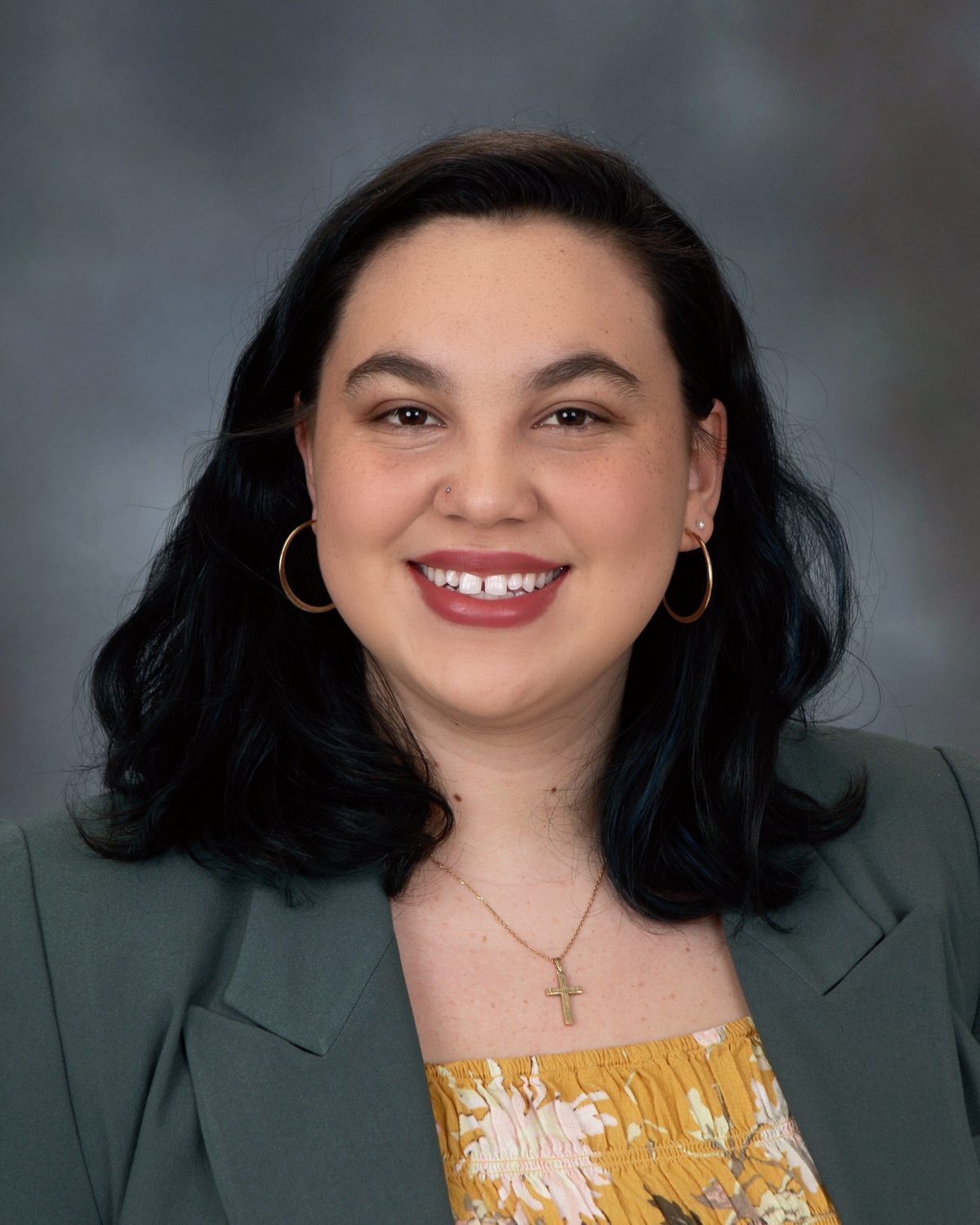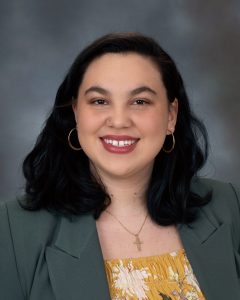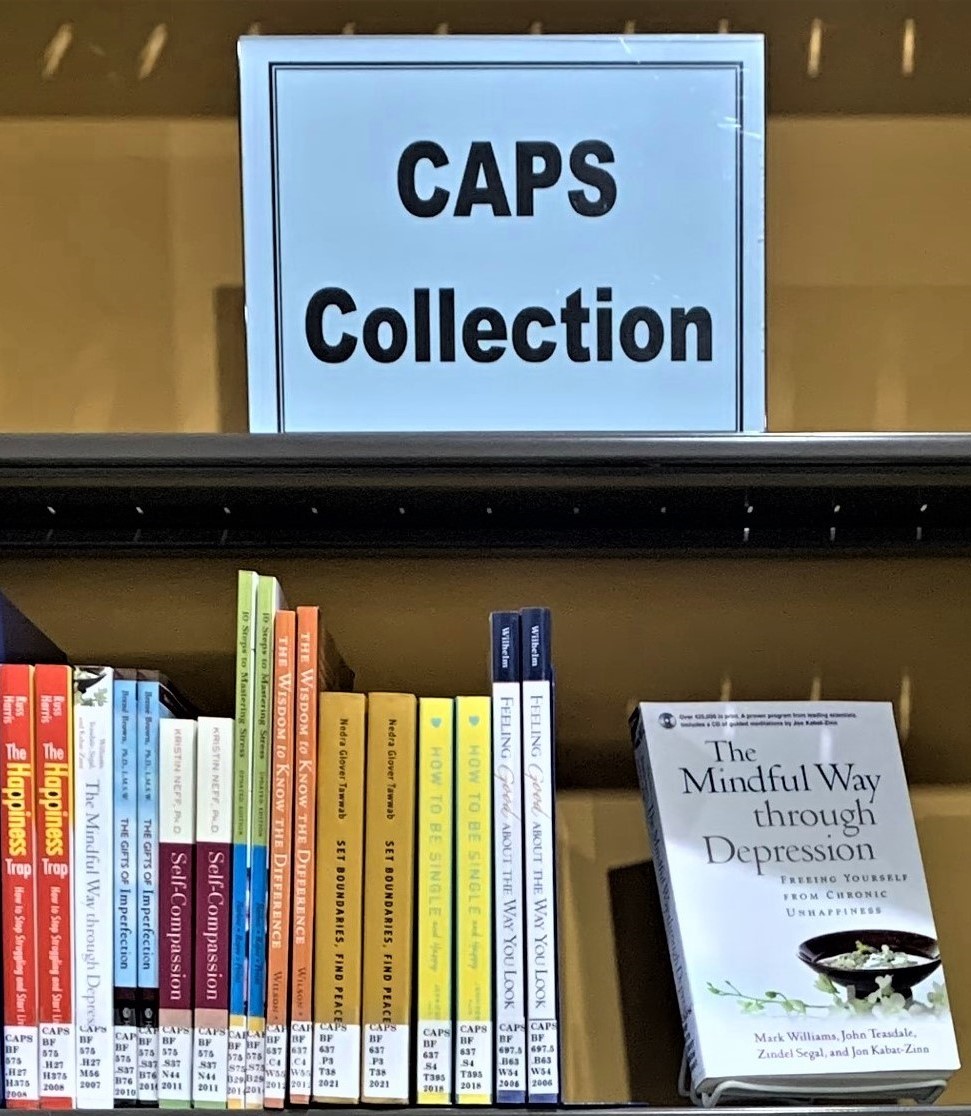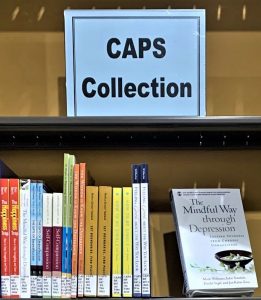The best place to start familiarizing yourself with the library and our services would be our video tutorials covering a range of topics from how to navigate our site to starting your search, refining your topic, and accessing our vast catalogue of resources.
Be sure to take advantage of our research guides covering a whole range of subjects and disciplines. They curate the most relevant and helpful resources from our databases and across the web, giving you the tools to quickly kickstart your search. Each guide also includes the contact information of the relevant subject liaison librarian, if you have more questions or need more in-depth help.
Our Data Services group provides workshops on how to use different tools and software and consultations to help you find, manage, analyze, and visualize data for your coursework and research.
Not finding what you’re looking for? You can submit a request for a journal article or book not accessible through our catalogue and we’ll be able to borrow it on your behalf from our partner university libraries. An article can be in your inbox within 24 hours or so, physical books will take a longer, so don’t wait till the last minute!
- Librarian Reference Chat/FAQ/Schedule a Research Appointment
Still have any unanswered questions? Be sure to use the pop-up chat to ask our librarians for help, available Monday-Thursday 10am-6pm and Fridays 10am-12pm. You can also peruse our frequently asked questions or submit your own. For more-depth, be sure to schedule a research appointment with one of our librarians. You can request a specific one or we can help pair you based on your topic.





